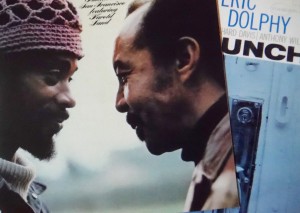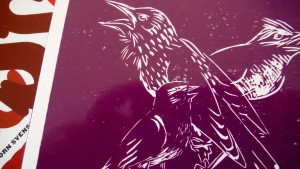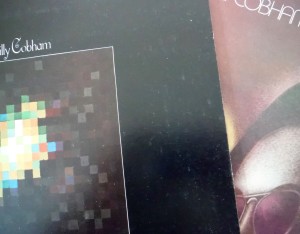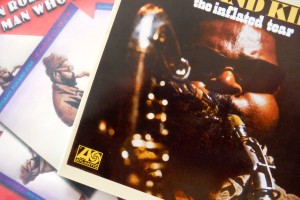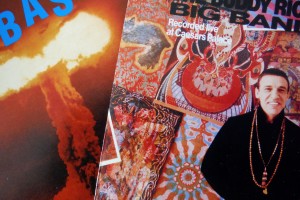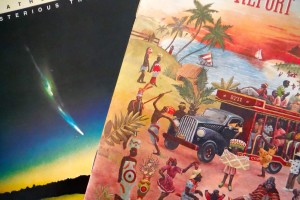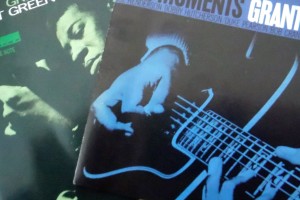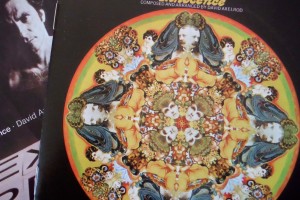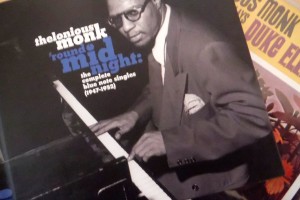Bobby Hutcherson – “Ummh” from the album “San Francisco”
Bobby was born in Los Angeles on 27 January 1941. He was inspired to take up the vibraphone at the age of 12 when he heard Milt Jackson play on the Miles Davis and the Modern Jazz Giants LP. He was still in his teens he began his professional career in the late fifties.
San Francisco
1) Goin’ Down South; 2) Prints Tie; 3) Jazz; 4) Ummh; 5) Procession; 6) A Night in Barcelona
Personel
Bobby Hutcherson – Vibraphone, Marimba, Percussion
Harold Land – Tenor Sax, Flute, Oboe
Joe Sample – Piano, Electric Piano
John Williams – Bass, Fender Bass
Mickey Roker – Drums
Producer – Duke Pearson
Engineer – David Brand
Recorded on 15 July 1970 at United Artists Studio, Los Angeles

